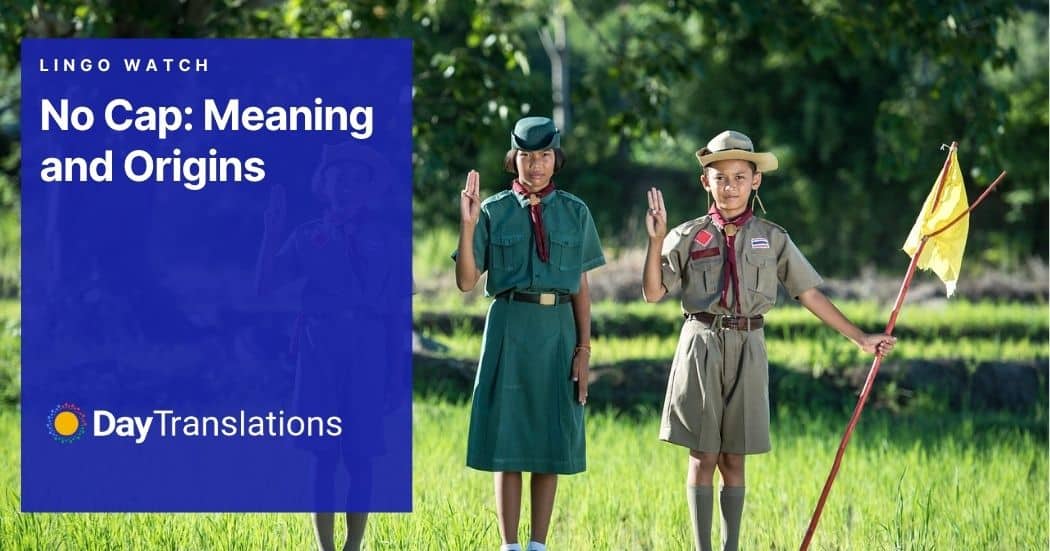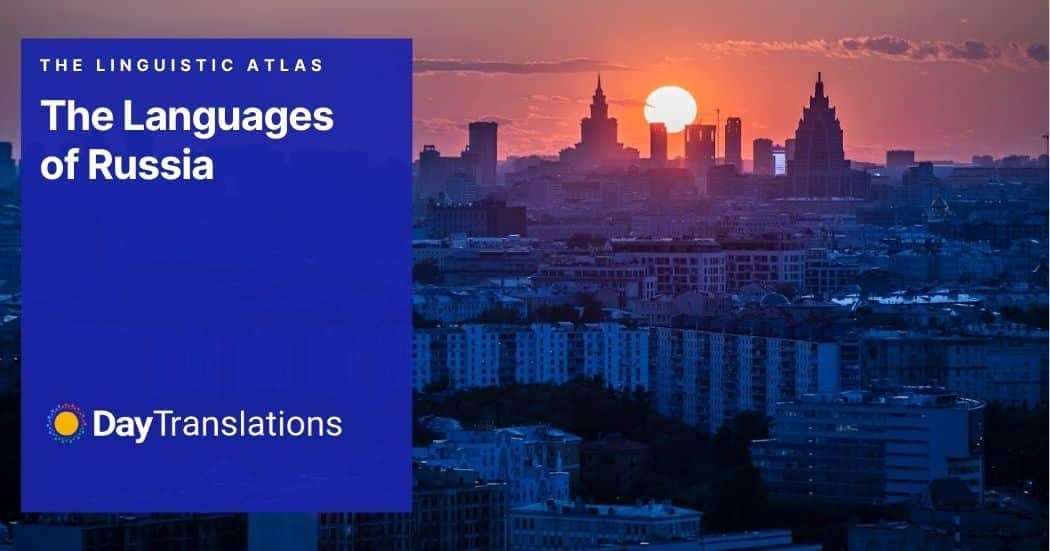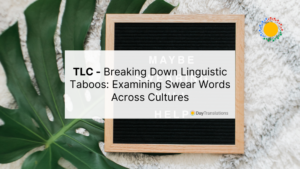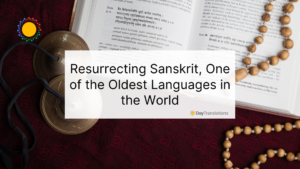In this article, we’ll talk about the development and origins of no cap – a slang term that has become viral in the last few years. Lexemes and linguistics in general don’t draw too much attention from the general public. They’re typically a matter of interest to a narrow group of people. However, colloquial words can catch the eye and ear of common people. Often connected with music, film, or a certain social group, we can call slang words the superstars of linguistics. No other expressions get such rizz. That’s why slang words and expressions are often the subject of additional analysis.
Here, our goal is to answer a single question: where does no cap come from?
What Does No Cap Mean
The no cap meaning in the modern sense is “to be honest”, “to mean it for real”, as opposed to lying or pretending. It became a viral phrase in the late 2010s and early 2020s, when the eponymous song by Young Thug and Future was released. After that, a rap artist called No Cap (real name Kobe Vidal Crawford Jr.) became a prominent member of the Atlanta hip-hop scene. The term had been used by hip-hop performers before, as well.
This also shows that slang words associated with a pop-culture trend are more likely to gain traction among a wider audience. So, when someone asks what does no cap mean in slang, they can find the answer in hip-hop songs, as well (if they don’t read it here beforehand).
Where Did No Cap Come From?
The no cap origin dates back in the early 20th century. The original meaning of the verb to cap meant to brag or not to tell the truth.
The mid-20th-century occurrences of the term to cap or capping had a similar meaning. This word has been coming and going over the decades. However, the original form has never risen to prominence, but rather stayed part of a limited slang lingo. On the other hand, the no cap slang has become a globally recognized expression.
Also, it’s good to know that capping is still used as a legit term when we want to say that someone is not telling the truth.
A good instance of using no cap in a sentence would be the next example:
– “You’ve run 20 miles today? No way!”
– “No, I really have! No cap!”
As for capping, we can still hear a sentence like this:
– “You’re telling me he makes $100,000 per year? I think he’s just capping again!”
Who Uses the No Cap Slang?
A decade ago, people who listened to hip-hop were most likely to use the no cap expression. However, as this expression has been viral in the last few years, now more people from different generations and backgrounds use it. There’s even a #NoCap X hashtag, which people add to their posts when they want to emphasize they are honest and true.
So, no cap is most commonly heard among people who use social media, with the users of the X social network leading the pack.
It’s still not common to hear a member of Generation X using the no cap slang, except for those users on X. Millennials use it more often because it’s closer to this generation, because of social media and pop-culture references.
But Gen Z is the generation in which no cap has found fertile ground. This generation uses the slang popular on social media more than any other generation. Before no cap came into fashion, they had straight up, for real, no lie, and other slang-like expressions to highlight they’re being honest.
No Cap Slang: Off Limits
When a phrase or word becomes popular on the Web, it usually never falls back into oblivion. For instance, the very demure, very mindful trend went viral last year, and it’s still a frequently used phrase on social media. Just like with no cap, which was popularized by hip-hop artists, celebrities embraced the demure craze, as well. For instance, the GOAT acronym (Greatest of All Time) has already become an evergreen viral slang term, because it’s commonly associated with famous athletes.
So, the no cap slang is here to stay, for sure. We can expect that more people will keep using that hashtag or the term itself. The global accessibility of social networks makes this trend even more interesting and dynamic. What started as a strictly local lingo thing in Atlanta more than a week ago is now recognizable across the world; that’s the beauty of linguistics.











